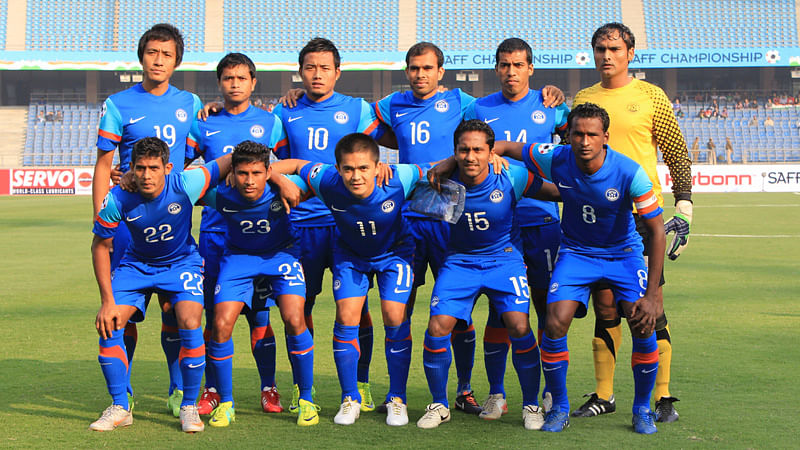
Athletes can participate in events at no cost to government

It was Margaret Alva as sports minister in the Rajiv Gandhi government who first said there is no such thing as "at no cost to government" for any athlete or an official to go to an international event representing the country when he or she was not cleared by the government.
Those were the days when it was not easy for anyone to go on one's own, but today even football, basketball and table tennis teams are ready to go at "no cost to government" -- whatever be their standard. This is not the first time the Indian Olympic Association (IOA) and the sports ministry have been on collision course over the size of the contingent. This time the baby has been passed on to the Prime Minister's Office (PMO) which framed guidelines for clearance. The sports minister even met the Prime Minister to put his stamp on the clearance.
The ministry struck off 263 names the IOA recommended. The IOA sent a list of 662 athletes and 280 officials to make it 942 in all. The government pruned it to 679 -- 516 athletes and 163 officials.
Compare it with the Guangzhou squad four years ago when India sent a 933-member contingent with 609 athletes and 324 officials and competed in 35 disciplines. India's performance there was the best at any Asian Games, including when they played host in 1982. They won 65 medals, including 14 gold, but then that was done in the euphoria of their great showing in the 2010 Commonwealth Games in Delhi, where they crossed the 100-mark in the medal tally.
Yes, the argument that if the teams and individuals are not allowed to participate even in the regional games how will they get to compete with the best in the business may sound logical but there has to be some minimum standard to qualify. The disciplines dropped -- beach volleyball, rugby 7s, fencing, 10-pin bowling, triathlon, soft tennis and modern pentathlon - are certainly not hot.
Now take the case of tennis and the decision of three of its top stars, including the men's defending champion Somdev Devvarman, doubles experts Leander Paes, Rohan Bopanna and Sania Mirza have decided to skip the Games.
Somdev is the only Indian to win a tennis gold at the Asian Games, beating Uzbek Denis Istomin in the final at Guangzhou a month after winning the Commonwealth Games gold four years ago. Tennis was introduced in the Asian Games in 1958 and the gold and silver medals were shared by Japaese, Koreans, Chinese and Filipinos till Somdev ended India's gold drought in the sport. A look at the Indians who played in the Asian Games makes Somdev's gold all the more glittering.
Somdev has decided not to defend his title at Incheon saying he would like to improve his Association of Tennis Professional (ATP) ranking. But there is a sneaky suspicion that he is cut up over his claims being ignored for a Khel Ratna. The awards committee possibly erred in not realising his stupendous effort and went by his present ranking.
The tennis gold is as good as any individual gold that merits a Khel Ratna. The committee should have taken into account his absence from the Tour for almost a year because of a shoulder surgery and dropped to 733 in the rankings in October 2012 from a peak of 62 in July 2011. How well he came back in a year to get into the top 100.
Somdev's reasoning is perfectly understandable, that he wants to improve his ranking from the current 144 so that he is able to qualify for the Australian Open in January.
Leander Paes and Rohan Bopanna and Sania Mirza have problems at the top end. All of them want to qualify or prepare for the year-end doubles tournaments. Typically, the All India Tennis Association (AITA) president has justified their decision saying special circumstances forced them to play in ATP and WTA events to protect their rankings and to give the additional push to qualify for the year-end World Masters.
Paes says he has to improve his current ranking of 35 playing in the next couple of tournaments and Bopanna has to defend his Tokyo title. All these tournaments are clashing with the Games. What must be embarrassing for AITA is that it has recommended the names of Sania's mother Naseema as manager of the Incheon-bound squad and that of Paes's father Vece as team doctor. The question is will they be retained or will they still be interested in going with the team.
The most loquacious IOA official and secretary general of Hockey India Narinder Batra has an alibi ready for things going wrong at Incheon: The federations cannot blamed for under performance because of the delayed clearance causing enormous confusion!